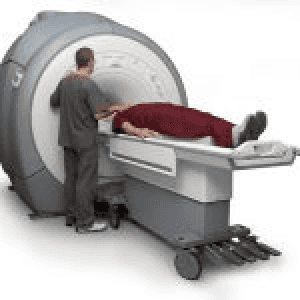
Some doctors have been trying to get their colleagues to cut back on the number of low-value tests that are ordered. The American Board of Internal Medicine has targeted such tests for its Choosing Wisely campaign. The organization asked specialty groups to list their top few unnecessary tests and procedures.
People rarely think of tests as possibly doing harm, but the concern is that low-value tests may lead to ambiguous findings that call for further, more invasive investigation and don’t offer clear diagnostic direction that can guide treatment.
The hope for the Choosing Wisely initiative is that physicians will be more selective when ordering diagnostic procedures. But teaching doctors in training to reduce the number of low-value tests they request is proving to be a challenge.
“Secret Shopper” Technique Revealed Orders for Low-Value Tests:
A study reported in JAMA Internal Medicine used undercover instructors posing as patients who requested unnecessary tests during their visits with 60 residents. The male asked for an MRI for his lower back pain. This is not an uncommon request from patients, although research has shown it is not helpful in diagnosing the cause of low back pain.
The middle-aged female wanted a bone mineral density test, but there is no good evidence showing that this information is useful unless the person has broken bones in a low-trauma situation or has been taking medications (such as corticosteroids) that could put her at high risk for bone loss.
Half of the residents were randomly assigned to get feedback on the value of the test and the quality of the care they were providing. The other half just got educational materials later.
Feedback Did Not Change Performance:
Even though the residents received feedback about the inappropriate tests, this did not change their behavior. They ordered low-value tests in more than one-fourth of the study visits, and the rate did not change during the study. That is probably the most discouraging aspect of this study: feedback is essential for changing behavior, but it must be embraced and incorporated into what a person does if it is to make a difference. These residents may have allowed the feedback they got to roll off their backs.

